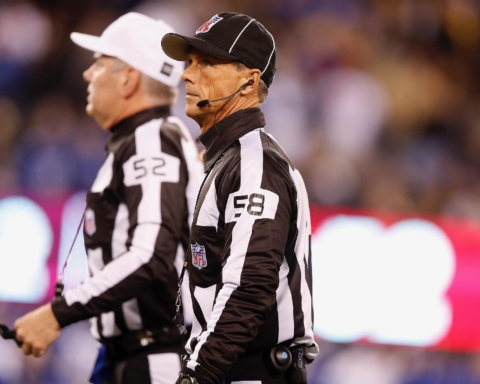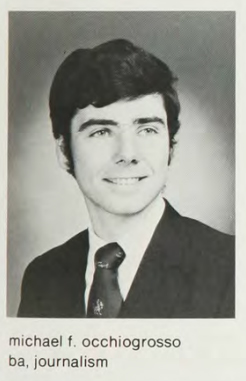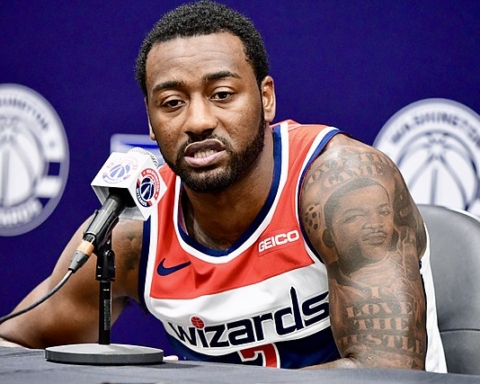By Sean O’Brien
Contributing Writer
I’d like to take a moment to salute Ben Haggerty, or as he’s better known, Macklemore.
His art and personal history spreads awareness of socially relevant issues. His debut album, “The Heist,” covers everything from the ridiculousness and dangers of brand conformity to the touchy subject of gay marriage (he supports it, in case you were wondering).
His work outside of “The Heist” is rife with just as much social commentary, notably his song “Otherside.”
Drawing from his personal experiences with substance abuse, Haggerty discourages aspiring artists from dabbling in such abuse themselves in the song. Haggerty claims such dabbling often stems from an attempt to emulate their personal heroes within the rap music scene. In fact, the Seattle native cites Lil Wayne’s lyrics endorsing recreational use of codeine cough syrup as an influence in his substance use.
Yes, that is the same Lil Wayne who was hospitalized last month for what the Daily News said was possibly a drug overdose brought on by a codeine binge.
Which brings me to my point: culturally, we need a return to the original purpose of rap. We need a return to calling out social injustice and the difficulties of living in a particular socio-economic status. We need less bragging about fame, wealth, promiscuity, and the correlation between each.
We need more Public Enemy and less Nicki Minaj.
In their song “911 Is a Joke,” Public Enemy explained the inefficacy of calling 911 for emergency medical services if one lives in a certain socio-economic bubble or neighborhood. In her song “Stupid Hoe,” Nicki Minaj calls another young woman a stupid… yeah. Not exactly on par with the groundbreaking social commentary of yesteryear.
A lot of the issue comes with the fact that rap has become a commodity shaped according to demand. It is less and less art, and more and more a product sold to the lowest common denominator.
In its current state, our society places value on wealth, renown or notoriety and sexual achievement. Therefore, a song praising such attributes as virtues will appeal to a greater audience than say, a harsh critique of the inherent inequities of our social system that appeals to those who feel the effects of those inequities. Let’s face it, who doesn’t want to be rich? Don’t you want to be wealthy?
If you said “yes,” thank you for your honesty. If you said “no,” stop lying. Being rich would be so much easier, so no one will blame you for saying yes.
Many contemporary rappers have sold out. It’s not that I blame them for that. It’s just that they’ve sold themselves into a position of influence, and many misuse that position. This misuse takes form in the endorsement of dangerous behaviors such as drug abuse.
Which brings us back to Macklemore and Lil Wayne. Lil Wayne, who is signed to a major record label, is a very successful product through singing about his promiscuity and recreational substance abuse, most notably “sizzurp.”
“Sizzurp,” in case you were wondering, is a mixture of cough syrup and either soda or an energy drink to be gulped (traditionally) out of a Styrofoam cup. It is basically liquefied stupidity in the aforementioned Styrofoam cup.
“Sizzurp” is what rumors (and common sense) say put Lil Wayne in the hospital last month. It’s the drug Macklemore has had issue with in the past, and something he is still fighting.
So I salute you, Ben Haggerty, and wish you all the best both in your career and in battling your personal demons. I truly hope that you continue to use your art to spread your messages of social issues, preferably free of any whims of your producers.
Also, thanks for “Thrift Shop.”





